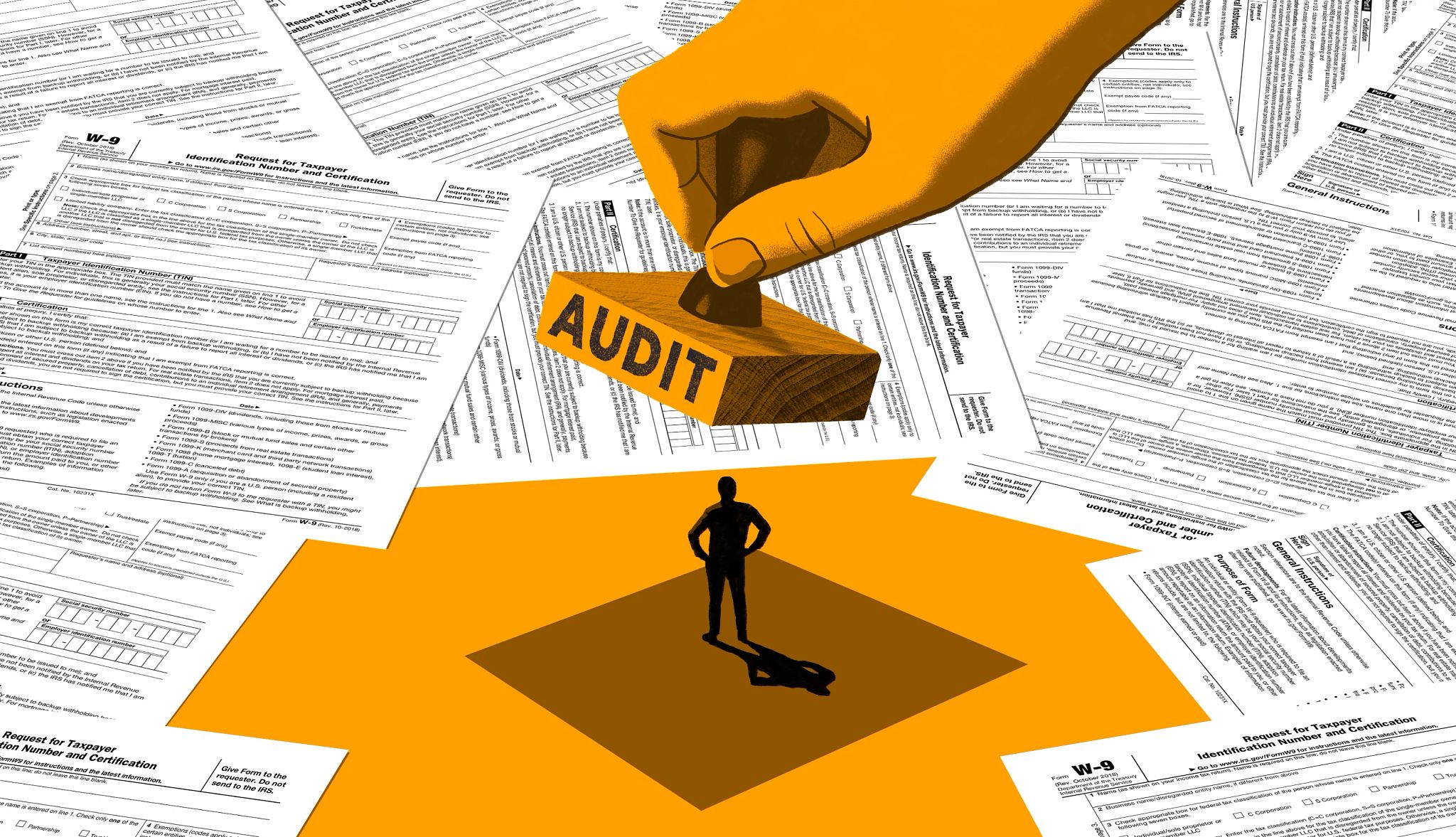AARP Hearing Center


A letter arrives from the IRS. At first you’re excited — "My refund's here!" But when you open it, you learn that Uncle Sam has found some problems with your tax return. Uh-oh — you’re being audited!
Then you wake up. Phew.
Fortunately, audit nightmares like that are rare in real life. For the 2019 tax year (the most recent data available for IRS enforcement activities), the IRS audited only 0.3 percent of all personal income tax returns.
Even so, you want to minimize your changes of being part of that tiny cohort. Avoiding these five mistakes can reduce the chances of the IRS pulling your tax return aside for an audit.
1. Failing to report taxable income
You’re practically inviting a response from the IRS if you don’t report all of your taxable income on your return. You know those W-2 and 1099 forms you get from employers, clients and financial institutions? The IRS gets copies of them, too, and uses them to monitor tax returns for discrepancies.
Get Information on State Taxes
Learn more about property taxes in your state and whether Social Security and pensions are taxed. Find the latest on tax breaks for older adults in our AARP state tax guides.
When you file your tax return, the IRS runs it through an automated program to see if you reported all of the income shown on the W-2 and 1099 forms the agency received. If they detect a mismatch, you’ll get a letter (a real one, in the mail) pointing out the discrepancy and asking you to follow certain procedures to clear up the matter.
Technically, this isn’t considered an audit, but it can certainly feel like one — and it can lead to a full-blown audit if the IRS doesn't trust your numbers.
You can do a couple of things to help prevent this. First, wait until you receive all of your W-2 and 1099 forms before filing your tax return. Employers and other payers aren’t required to mail send you these income statements until Jan. 31, yet many people complete their returns before then. Don’t jump the gun and file your taxes before receiving all of your tax documents.




































































More From AARP
6 Tax Breaks After 50 You Can't Afford to Miss
Uncle Sam offers a handful of perks to taxpayers of a certain age
Where Is My 2024 Federal Tax Refund?
The IRS offers an online tool that will help you track your payment
Need a Tax Form? Here’s Where to Get It
The IRS is your best source, but think twice before filing a paper return
Recommended for You